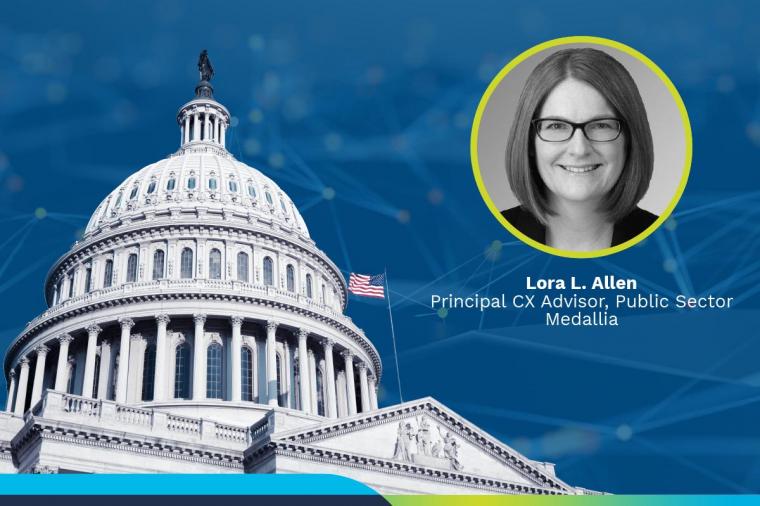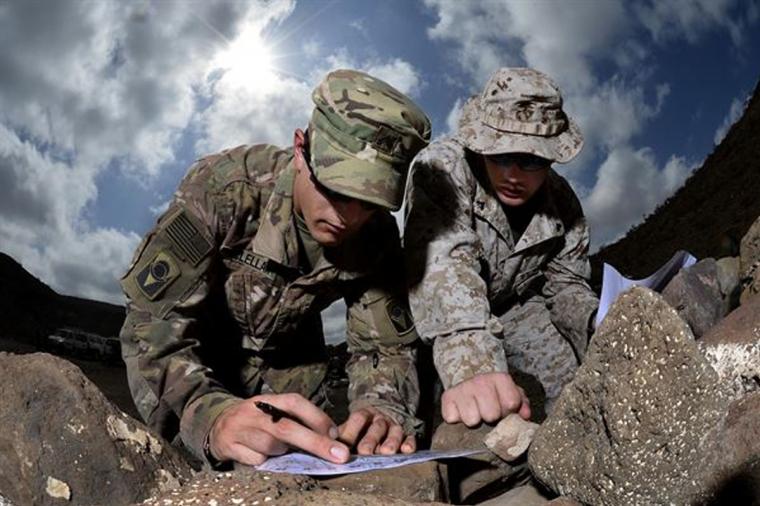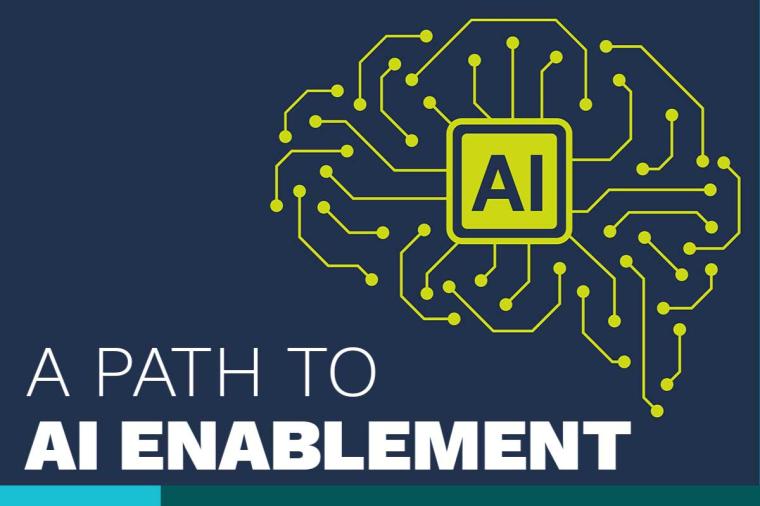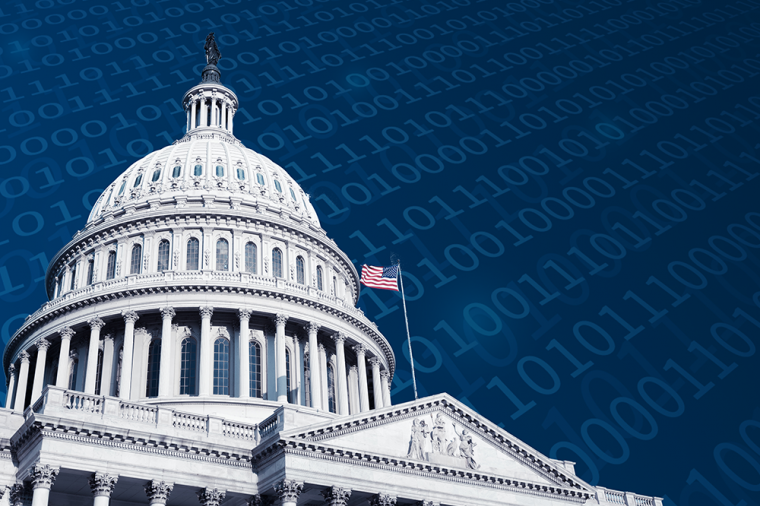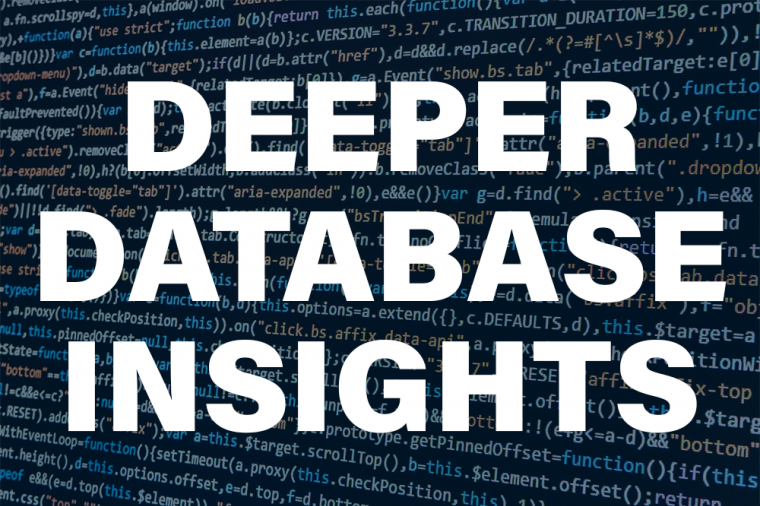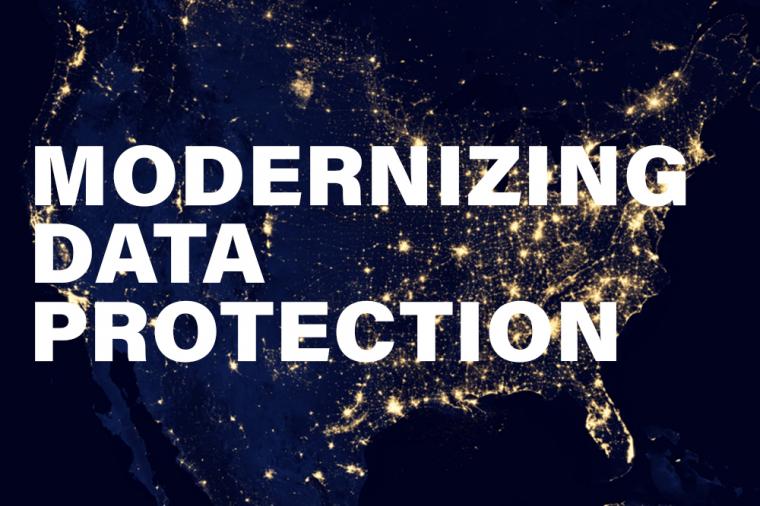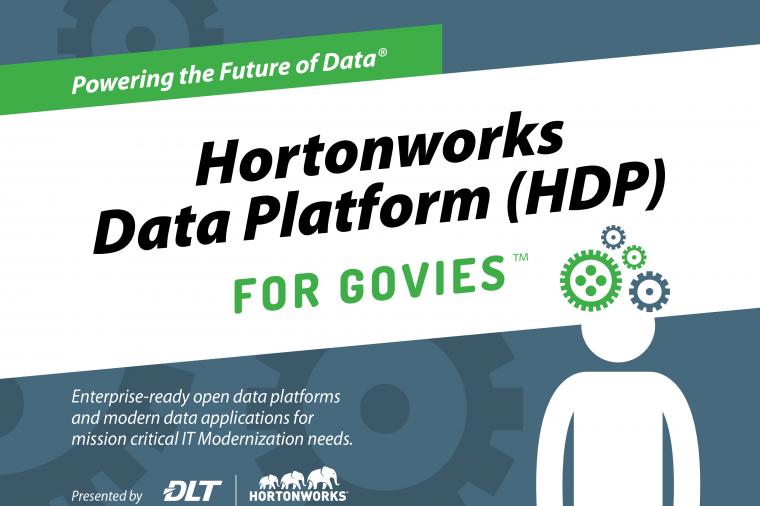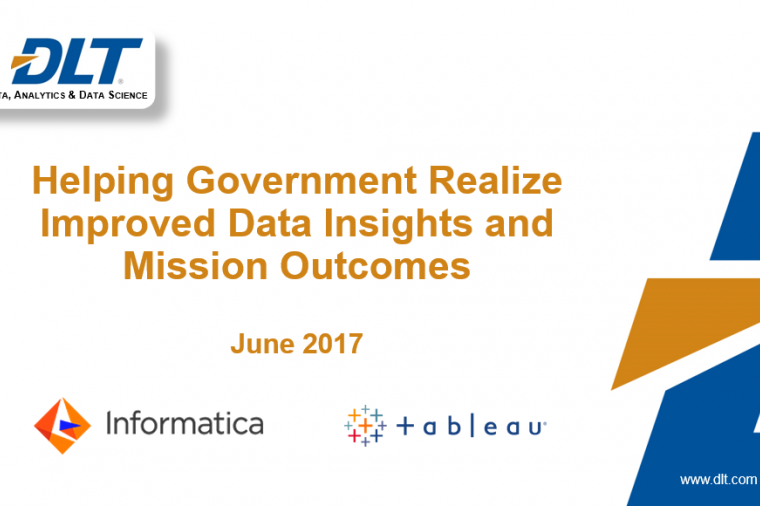The National Artificial Intelligence Initiative Act: A Real Stake in the Ground to Reestablish US Dominance in AI

On January 1, 2021, the House and Senate overrode President Trump’s veto of H.R.6395, the National Defense Authorization Act (NDAA) for Fiscal Year 2021, rendering the bill law. The FY2021 NDAA includes the National Artificial Intelligence Initiative Act (NAIIA), one of the most ambitious attempts by Congress to date, seeking to establish the United States leadership in artificial intelligence (AI). The Act provides nearly $6.5 billion over the next five years to increase funding for AI research and development (R&D), education, and standards development through the creation of a framework for coordinating AI research and policy across the federal government and a national network of AI research institutes. The network of institutes will be led by NSF, DOE, the Department of Commerce, NASA and DOD.
As the Center for Data Innovation reports (https://datainnovation.org/), the United States has been lagging in AI development for some time, while China has rapidly increased its ability to innovate and marshal funds for such pursuits. “China’s government non-defense AI R&D funding for 2018 range from $1.7 to $5.7 billion, whereas the United States planned to spend $1 billion on non-defense AI R&D for fiscal year (FY) 2020.” Equally troubling is the lack of an AI talent pipeline in the United States. “The United States continues to be dependent on importing AI talent. For example, the majority of students in AI-related graduate programs at U.S. universities are international students, and the number of U.S. graduate students in AI-related degree programs has not increased since 1990.” To reverse these trends the NAIIA mandates a focus on education not only at the post-secondary level, but in the k-12 space as well.
But let us not put the proverbial “cart before the horse.” If US federal agencies are to succeed in incorporating AI workloads into their mission operations, it is critical that they continue to focus on leveraging data as a strategic asset across their organizations. The federal data strategy action plan will help provide the impetus and direction, but a sense of urgency and accountability needs to be ignited. The Evidence Act and the Federal Data Strategy also require resources and funding to ensure that the Offices of the Chief Data Officer (OCDO) can execute enterprise data initiatives across their respective organizations. Without sufficient resources, these “strategic initiatives” will be stymied at the expense of tactical mission operations.
Below are some of the key sections and activities associated with NAIIA:
Sec 5101 National Intelligence Initiative
Purpose: (1) ensure continued United States leadership in artificial intelligence research and development; (2) lead the world in the development and use of trustworthy artificial intelligence systems in the public and private sectors; (3) prepare the present and future United States workforce for the integration of artificial intelligence systems across all sectors of the economy and society; and (4) coordinate ongoing artificial intelligence research, development, and demonstration activities among the civilian agencies, the Department of Defense and the Intelligence Community to ensure that each informs the work of the others.
Activities Include:
- Sustained and consistent support for artificial intelligence research and development through grants, cooperative agreements, testbeds, and access to data and computing resources.
- Support for K-12 education and postsecondary educational programs, including workforce training and career and technical education programs
- Support for interdisciplinary research, education, and workforce training programs for students and researchers; foster interdisciplinary perspectives and collaborations among subject matter experts in relevant fields, interagency planning and coordination of Federal artificial intelligence research, development, demonstration, standards engagement, and other activities under the Initiative, as appropriate.
- Outreach to diverse stakeholders, including citizen groups, industry, and civil rights and disability rights organizations, to ensure public input is taken into account in the activities of the Initiative.
- Leveraging existing Federal investments to advance objectives of the Initiative.
- Support for a network of interdisciplinary artificial intelligence research institutes, as described in section 5201(b)(7)(B).
- Support opportunities for international cooperation with strategic allies, as appropriate, on the research and development, assessment, and resources for trustworthy artificial intelligence systems.
Sec. 5102 - Established “NAII” office at OSTP (unfunded as of now, but to go through the annual budget process)
Sec 5103 - Interagency committee co-chaired by Director of OSTP, and rotating through DOC NSF DOE
Sec 5104 Establishes an Advisory Committee, —Not later than 1 year after the date of the enactment of this Act, and not less frequently than once every 3 years thereafter, the Advisory Committee shall submit to the President and relevant congressional activities
Sec 5105 - NSF and National Academies study on workforce
NSF and NAS to conduct a study of the current and future impact of AI on the workforce across sectors (note this includes research gaps and data needed to better understand and track impacts across sectors caused by the adoption of AI) and produce recommendations in a report to congress 2 years after enactment
Sec 5106 Establish AI Taskforce
The Director of the National Science Foundation, in coordination with the Office of Science and Technology Policy, shall establish a task force— (i) to investigate the feasibility and advisability of establishing and sustaining a National Artificial Intelligence Research Resource; and (ii) to propose a roadmap detailing how such resource should be established and sustained, membership 4 from interagency committee, 4 from higher ed, 4 from private industry
Title LII - National AI Research Institutes
Authorizes/Establishes an AI Research Institute program at NSF for AI projects (unfunded)
Title LIII DOC AI Activities
NIST to develop frameworks, standards and guidelines, including technical standards to test for bias. Has 2 years to develop risk management framework, which includes data sharing best practices and documentation of data sets.
FUNDING: ‘‘(1) $64,000,000 for fiscal year 2021; ‘‘(2) $70,400,000 for fiscal year 2022; ‘‘(3) $77,440,000 for fiscal year 2023; ‘‘(4) $85,180,000 for fiscal year 2024; and ‘‘(5) $93,700,000 for fiscal year 2025.
Sec 5303 - NOAA AI Center
FUNDING: $10,000,000 for fiscal year 2021
Sec 5401 NSF AI Activities
the Director of the National Science Foundation shall fund research and education activities in artificial intelligence systems and related fields, including competitive awards or grants to institutions of higher education or eligible nonprofit organizations (or consortia thereof).
FUNDING: (1) $868,000,000 for fiscal year 2021; (2) $911,400,000 for fiscal year 2022; (3) $956,970,000 for fiscal year 2023; (4) $1,004,820,000 for fiscal year 2024; and (5) $1,055,060,000 for fiscal year 2025.
Sec 5501 DOE AI Research Program
The Secretary shall carry out a cross-cutting research and development program to advance artificial intelligence tools, systems, capabilities, and workforce needs and to improve the reliability of artificial intelligence methods and solutions relevant to the mission of the Department.
FUNDING: (1) $200,000,000 for fiscal year 2021; (2) $214,000,000 for fiscal year 2022; (3) $228,980,000 for fiscal year 2023; (4) $245,000,000 for fiscal year 2024; and (5) $262,160,000 for fiscal year 2025.
















